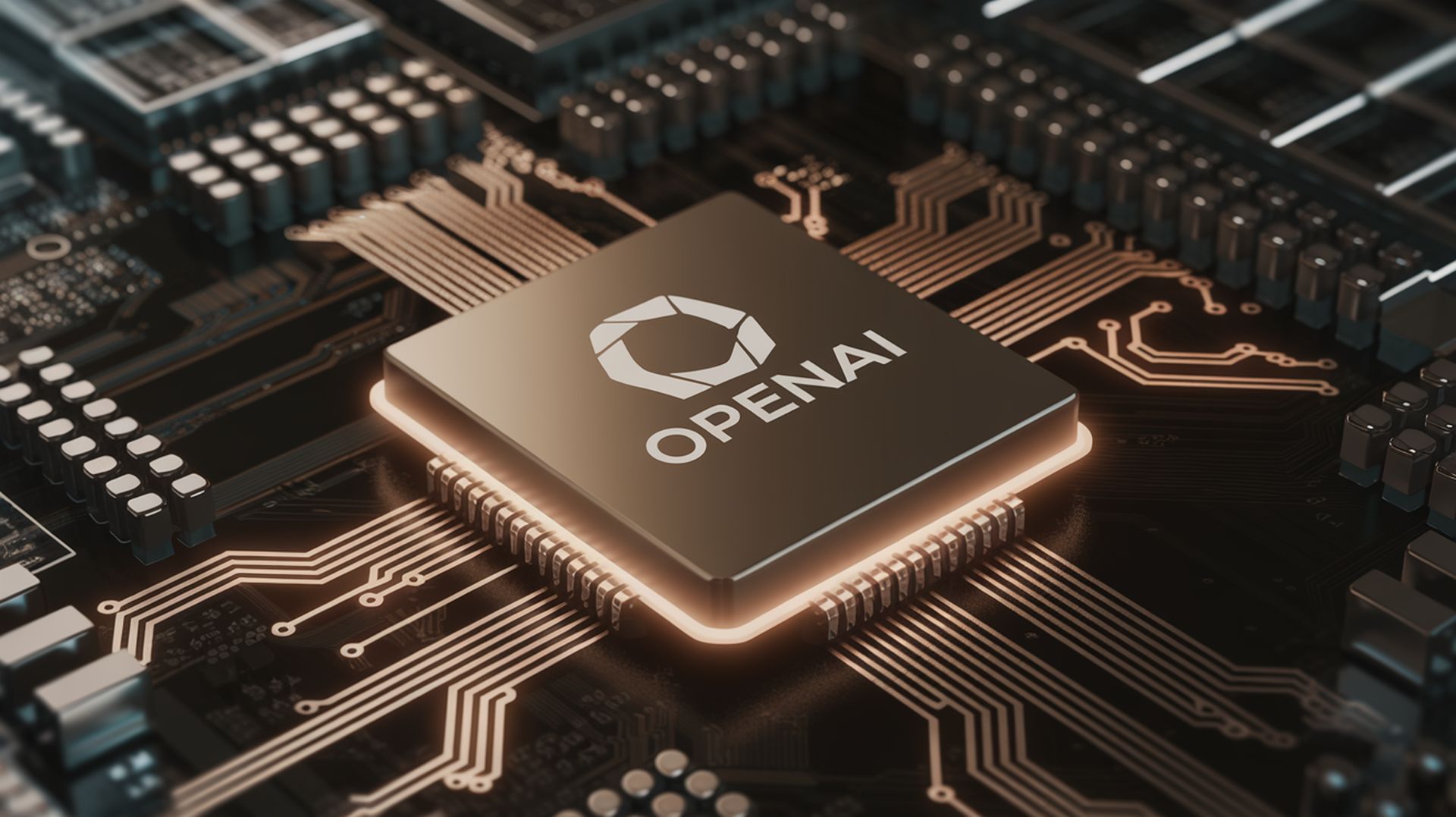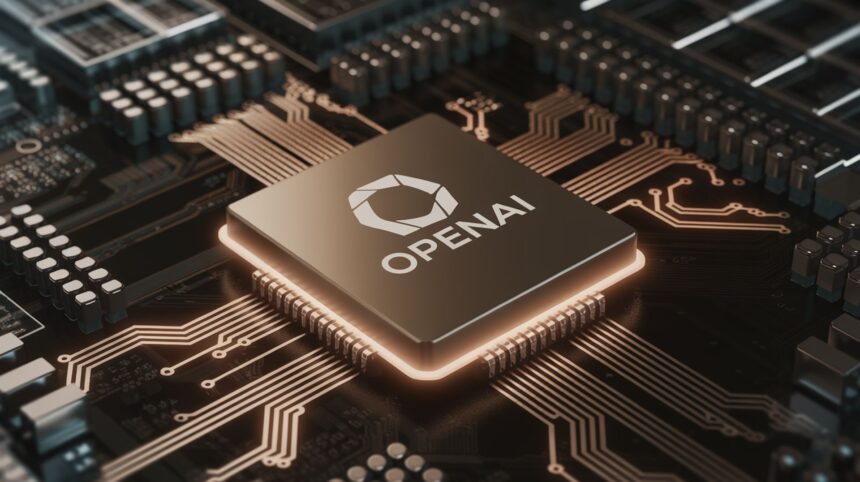
OpenAI is nearing completion of its first in-house AI chip, designed to reduce reliance on Nvidia, and is set to send the finalized design to Taiwan Semiconductor Manufacturing Company (TSMC) for production. The report comes from Reuters, which indicated that testing could occur ahead of mass production, targeted for 2026.
OpenAI nears completion of own chip design for production
In October 2024, Fortune reported that OpenAI is collaborating with Broadcom to create its own chip. This initiative aims to help OpenAI manage infrastructure costs and diversify its supply chain. Once the design is complete, TSMC will fabricate the chip utilizing its advanced 3-nanometer process technology.
The development team, led by Richard Ho, a former leader in Google’s custom AI chip program, has expanded significantly from 20 to 40 members in recent months, according to Reuters. TSMC’s production will incorporate “high-bandwidth memory” and “extensive networking capabilities” to enhance performance.
Nvidia warns: New AI chip rules could hurt America’s edge in tech
Using its own AI chip will allow OpenAI to decrease its dependence on Nvidia’s chips for training and running AI models. At launch, OpenAI plans to deploy the chip on a limited scale, primarily for AI model operations, and aims to create future iterations with more advanced processors and features.
Major tech companies such as Amazon Web Services, Microsoft, Google, and Meta Platforms are also investing in their own silicon to optimize performance and efficiency as they build out their AI capabilities.
This strategic push follows a previous report indicating OpenAI’s partnership with Broadcom to develop a custom chip, highlighting an ongoing trend among AI firms investing billions in hardware to meet the demands of their data-intensive models.
Featured image credit: Kerem Gülen/Ideogram






